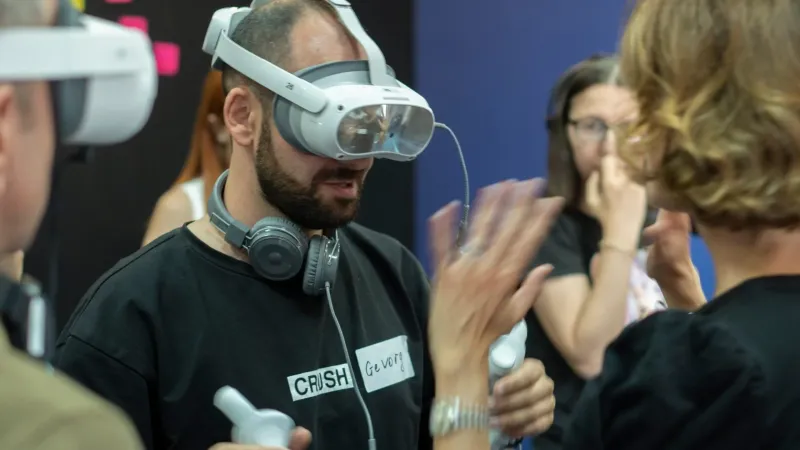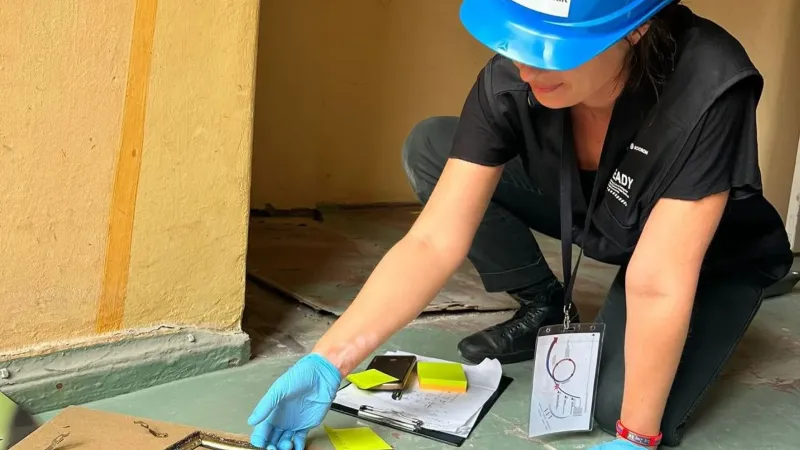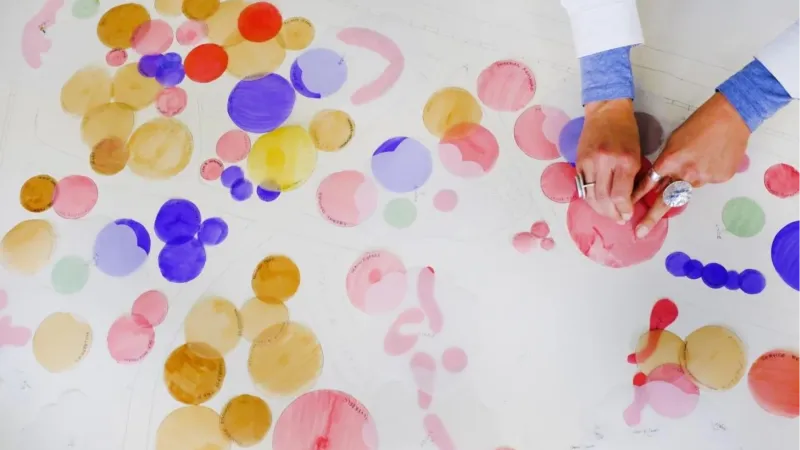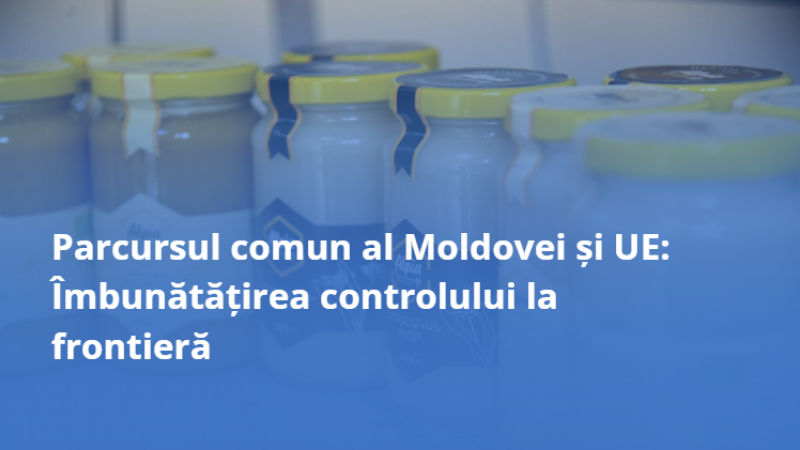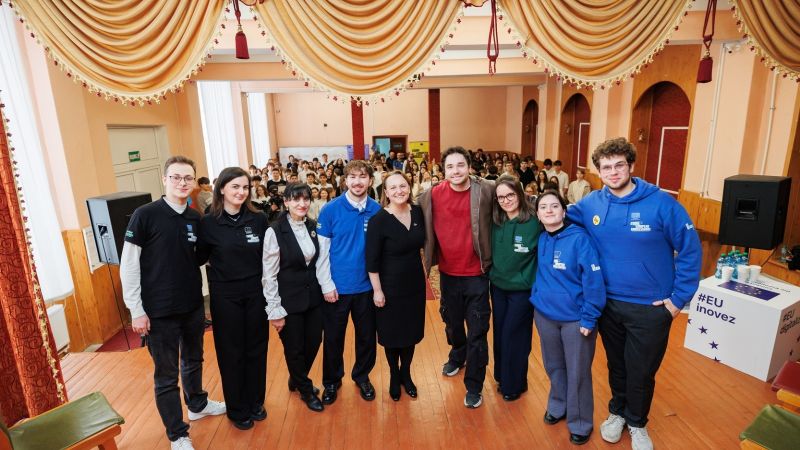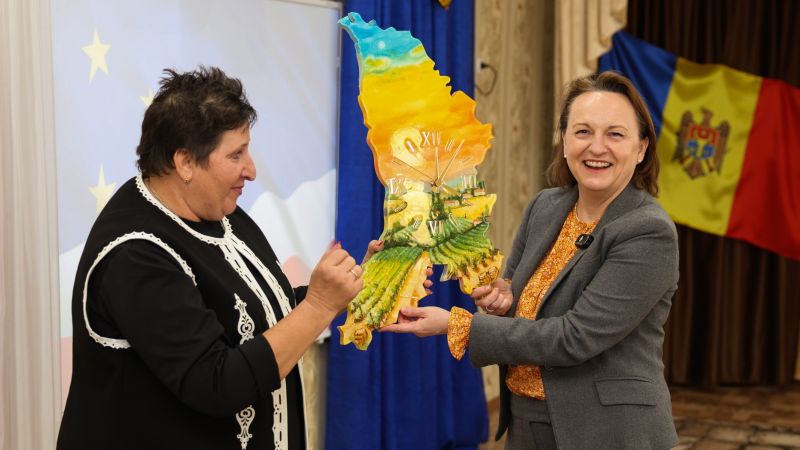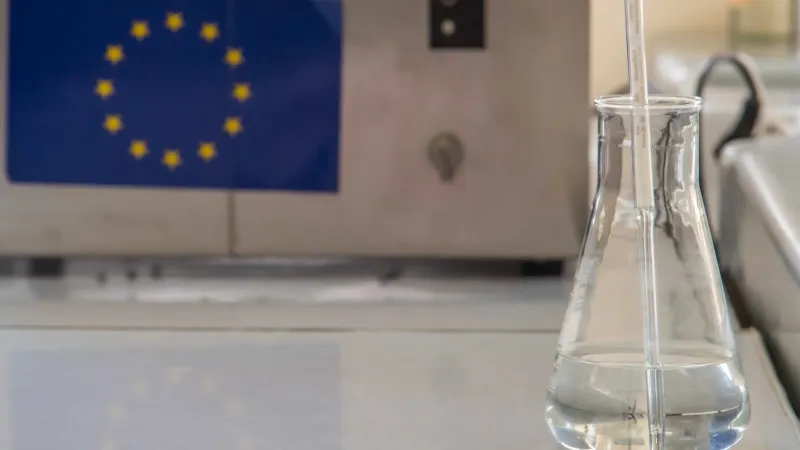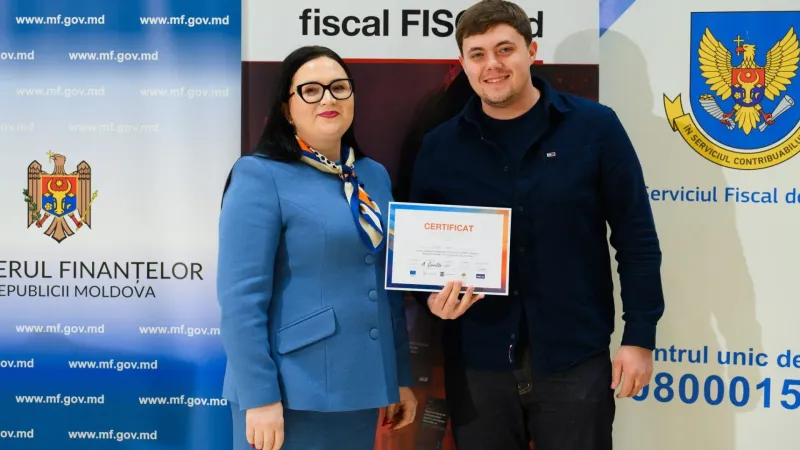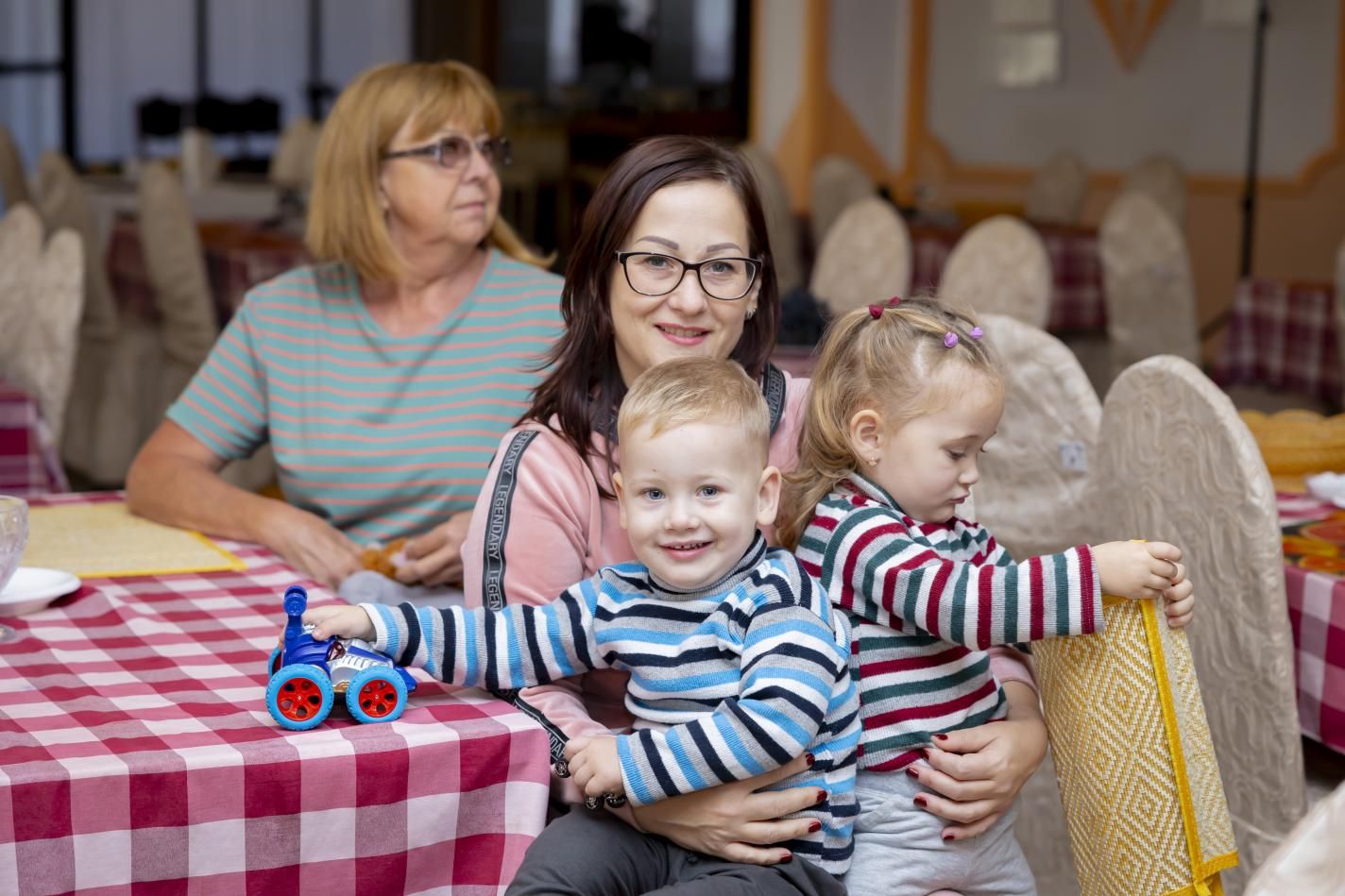
Spirit moldovenesc: cum oamenii din Moldova au îmbrățișat și sprijinit refugiații ucraineni
Invazia pe scară largă a Ucrainei de către Rusia la 24 februarie 2022 a declanșat cea mai mare criză de refugiați din istoria recentă a Europei. Peste 6 milioane de ucraineni au fost forțați să-și părăsească casele și să caute refugiu în străinătate pentru a-și salva viața de atacurile rusești.
Din primele zile de război, un flux de ucraineni s-a revărsat peste granițe în Moldova vecină.
Peste 1,5 milioane de cetățeni ucraineni au intrat în Moldova, dintre care aproximativ 120.000 locuiesc încă în țară. Pentru o națiune care se confruntă deja cu provocări interne semnificative și cu o situație economică dificilă, acest aflux de refugiați a fost un adevărat test de rezistență. Cu toate acestea, nu i-a descurajat pe moldoveni în dorința lor de a-i ajuta pe ucraineni. Țara mică a arătat o inimă incredibil de mare, făcând loc tuturor.
Pentru a sprijini cei mai vulnerabili refugiați ucraineni din Moldova și pentru a oferi asistență esențială țării însăși, Uniunea Europeană, în colaborare cu partenerii săi internaționali, este implicată activ în eforturile umanitare aici.
Aceste inițiative includ asistență directă în numerar atât pentru refugiați, cât și pentru familiile moldovenilor care îi găzduiesc, oferirea de mese calde, sprijin medical și psihosocial celor aflați în nevoie, iar lista poate continua.
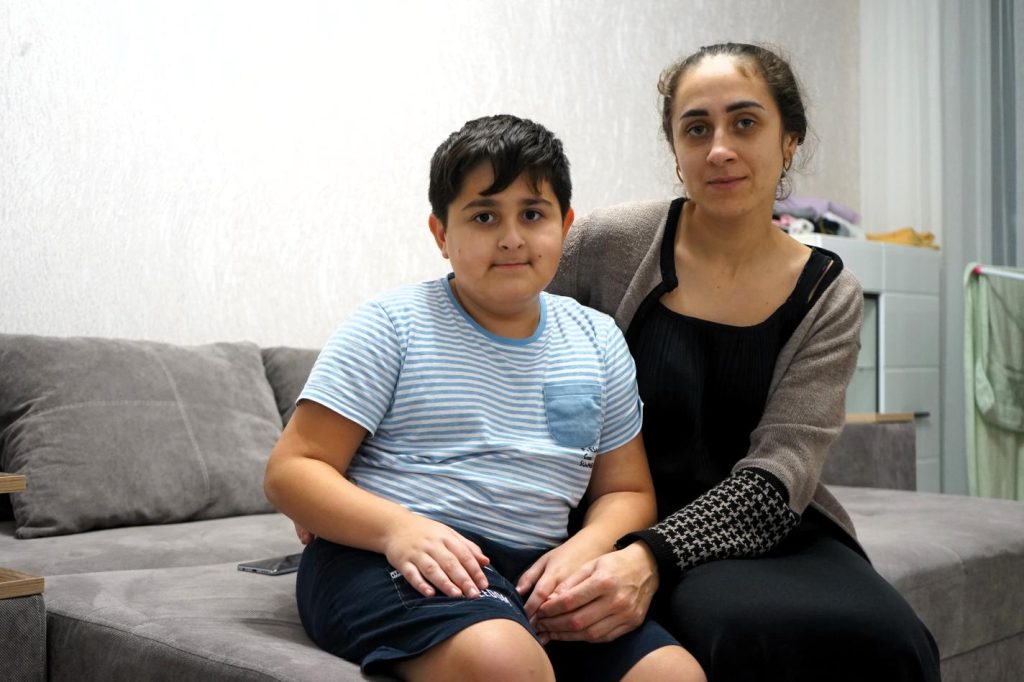
Familia lui Snizhana și-a părăsit casa din cartierul Saltivka din Harkov după ce o rachetă a aterizat în curtea lor din față. Salvând viețile fiului și fiicei lor, familia a petrecut două luni călătorind prin Ucraina înainte de a se stabili în sfârșit în Moldova.
A asigura o familie într-o țară străină nu a fost ușor. Uniunea Europeană, împreună cu ONG-ul francez ACTED, i-au ajutat cu asistență financiară. Datorită acestor fonduri, familia și-a putut plăti chiria și menține condițiile decente de viață.
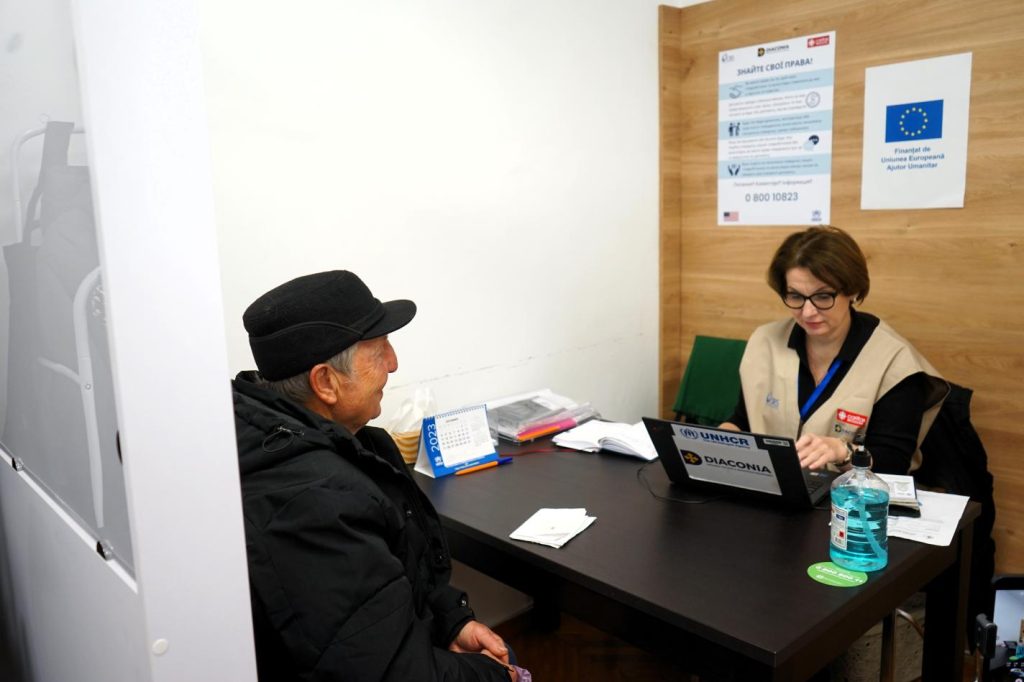
Ne-am întâlnit cu Anatolii în decembrie 2023, la Chișinău, la centrul de înregistrare al UNHCR, unde acesta a solicitat să primească asistență în numerar de la Uniunea Europeană.
Pentru el, ca un refugiat în vârstă, fără cineva apropiat care să-l ajute, acest sprijin financiar a fost vital. Și-a planificat să folosească banii pentru a-și cumpăra o nouă pereche de pantofi de iarnă și pentru a-și plăti facturile.
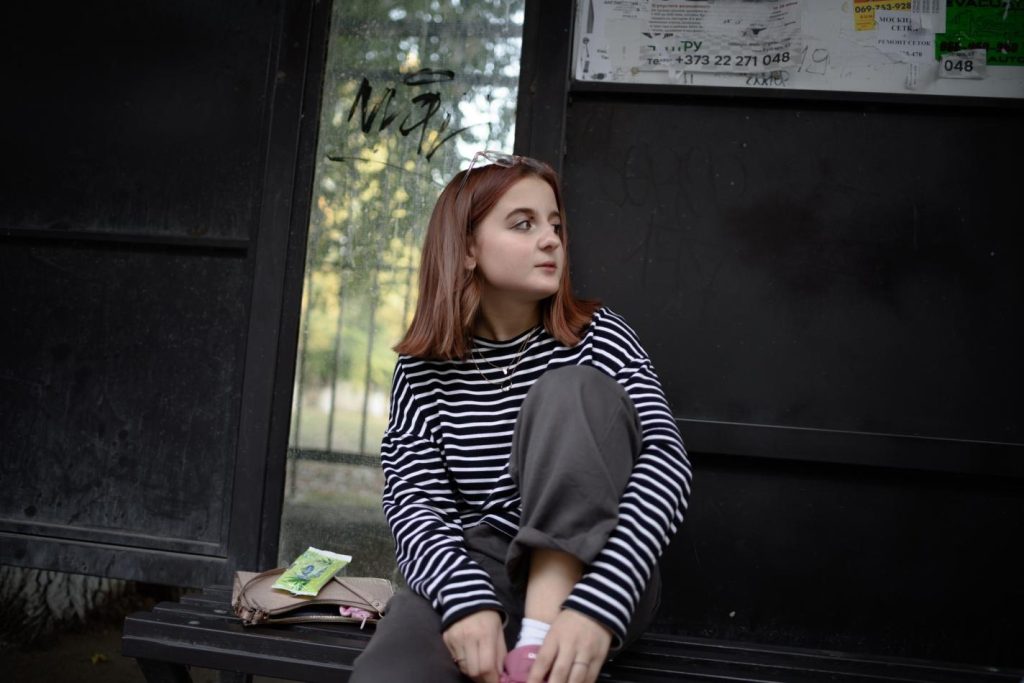
Pentru Alvina, în vârstă de 15 ani, din regiunea Donețk, războiul a început în 2014, când ea avea doar 5 ani. „Războiul te obligă să crești mai repede decât ar trebui. Fără război, aș fi doar o fetiță, care locuiește în orașul meu, fără a fi conștientă de aceste greutăți”, spune ea.
Acum locuiește lângă Chișinău și învață online la o școală ucraineană. În timpul liber, vizitează Centrul Millenium, finanțat de UE și administrat de UNFPA, unde se conectează cu colegii și se bucură de copilărie, în ciuda dificultăților din trecut.
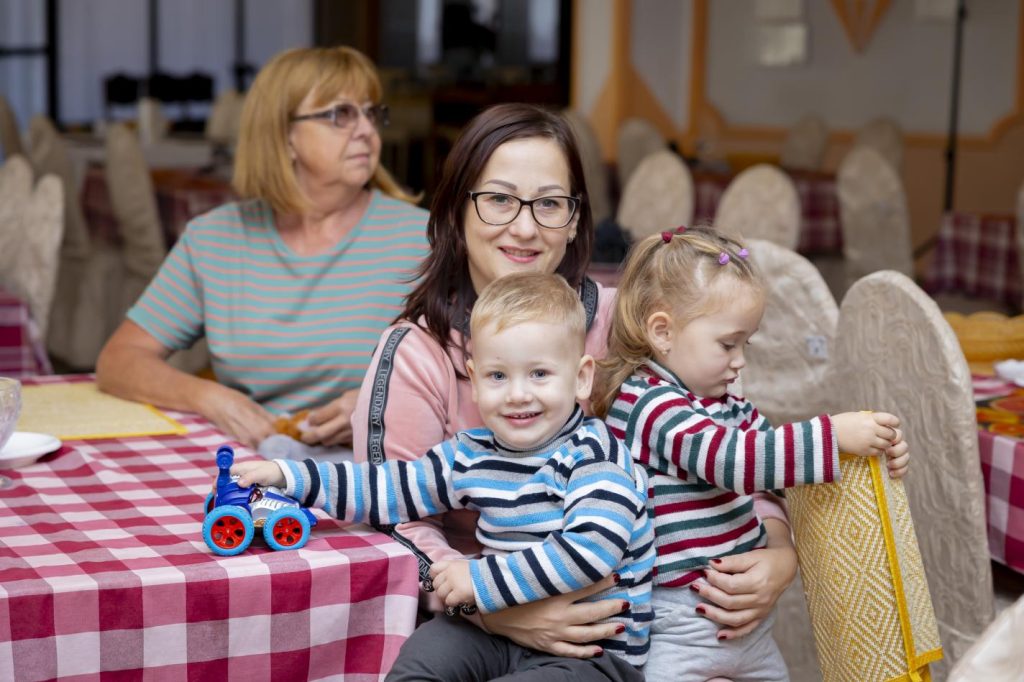
Pentru mulți refugiați ucraineni, precum Tamara și familia ei, care și-au găsit siguranța în Moldova, închirierea unui apartament este o sarcină dificilă, așa că locuiesc într-unul dintre Centrele de cazare pentru refugiați din Moldova.
Datorită finanțării UE și suportului WFP, refugiații ucraineni primesc o masă caldă în fiecare zi. Pentru majoritatea dintre ei o astfel de asistență de bază poate fi salvatoare.
Activitatea umanitară a UE în Moldova depășește cu mult eforturile menționate. Pe lângă sprijinirea directă a refugiaților vulnerabili, se oferă echipamente medicale moderne și ambulanțe spitalelor din diferite regiuni ale țării.
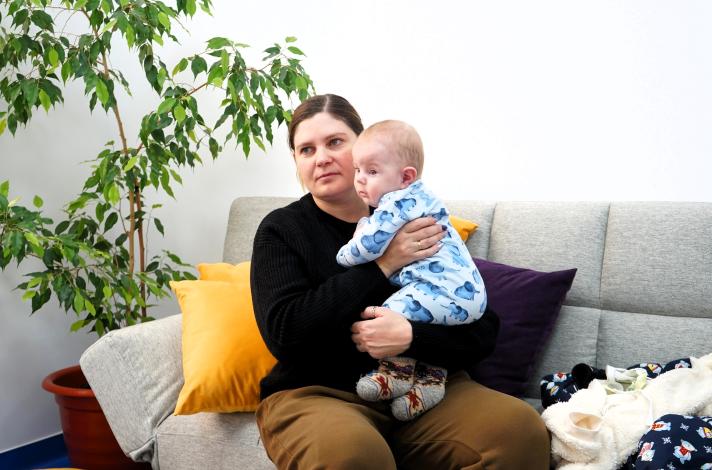
Khrystyna, care și-a părăsit casa din Odesa din cauza războiului, a născut cel de-al treilea copil, Dmytro, într-unul dintre astfel de spitale susținute de UE. „Tratamentul și serviciile de aici au fost foarte bune. Am fost plăcut surprinsă”, spune ea.
